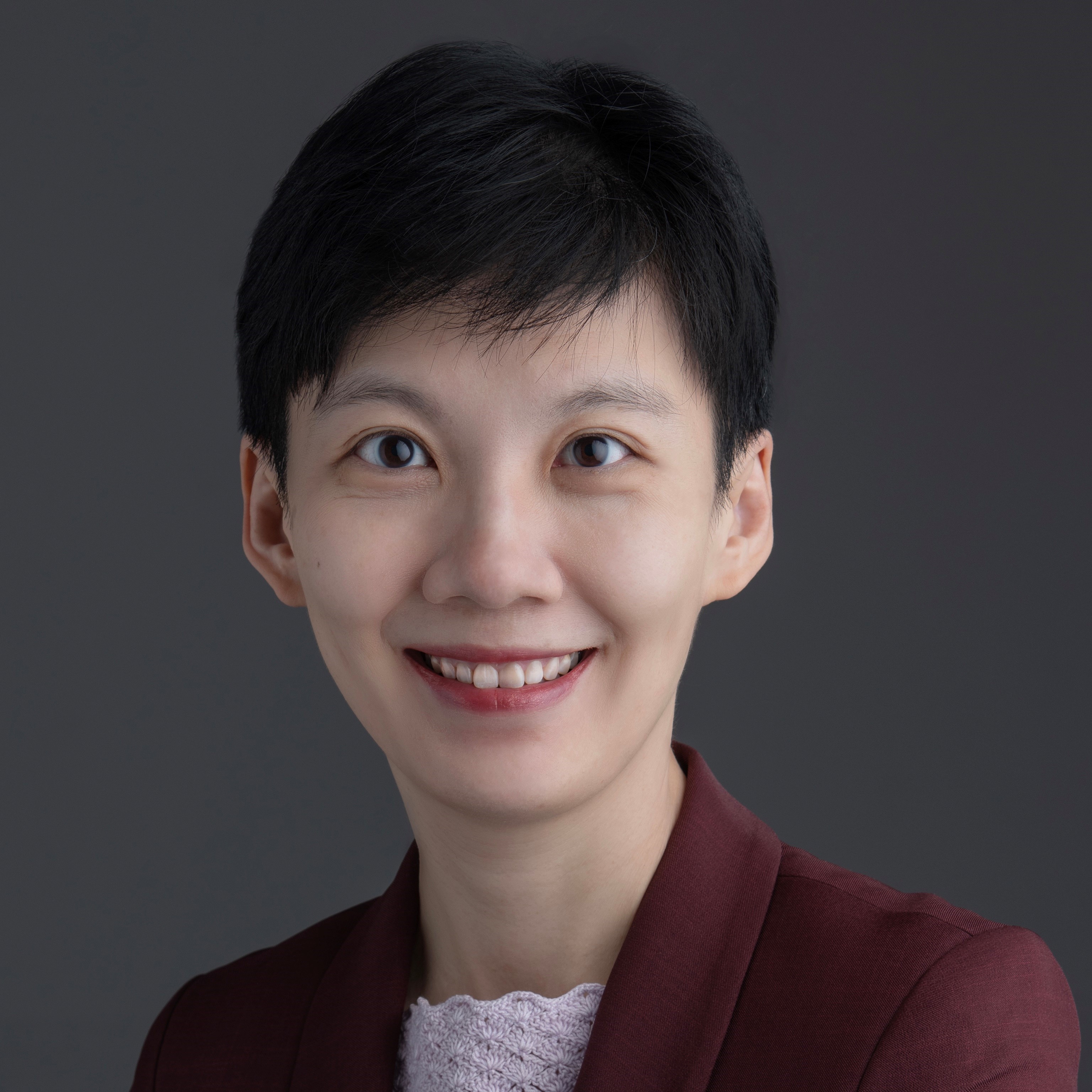
Second Permanent Secretary, Ministry of Education and Ministry of Social and Family Development
Ms Lim Wan Yong is Second Permanent Secretary at the Ministry of Education from October
2021, and Second Permanent Secretary at the Ministry of Social and Family Development from
April 2022. Prior to this, she was Deputy Secretary (Planning), Ministry of National
Development from 2017, and concurrently Deputy Secretary (Security Coordination), Prime
Minister's Office from 2019.
She previously held various appointments in the Trade Development Board (now Enterprise
Singapore), Ministry of Trade and Industry, Ministry of Education, Ministry of Finance and
Civil Service College, and was Special Assistant to then-DPM/Coordinating Minister for
National Security Teo Chee Hean.
Ms Lim graduated with a Bachelor of Arts in International Relations, and a Master of Science
in Industrial Engineering and Engineering Management from Stanford University, USA.
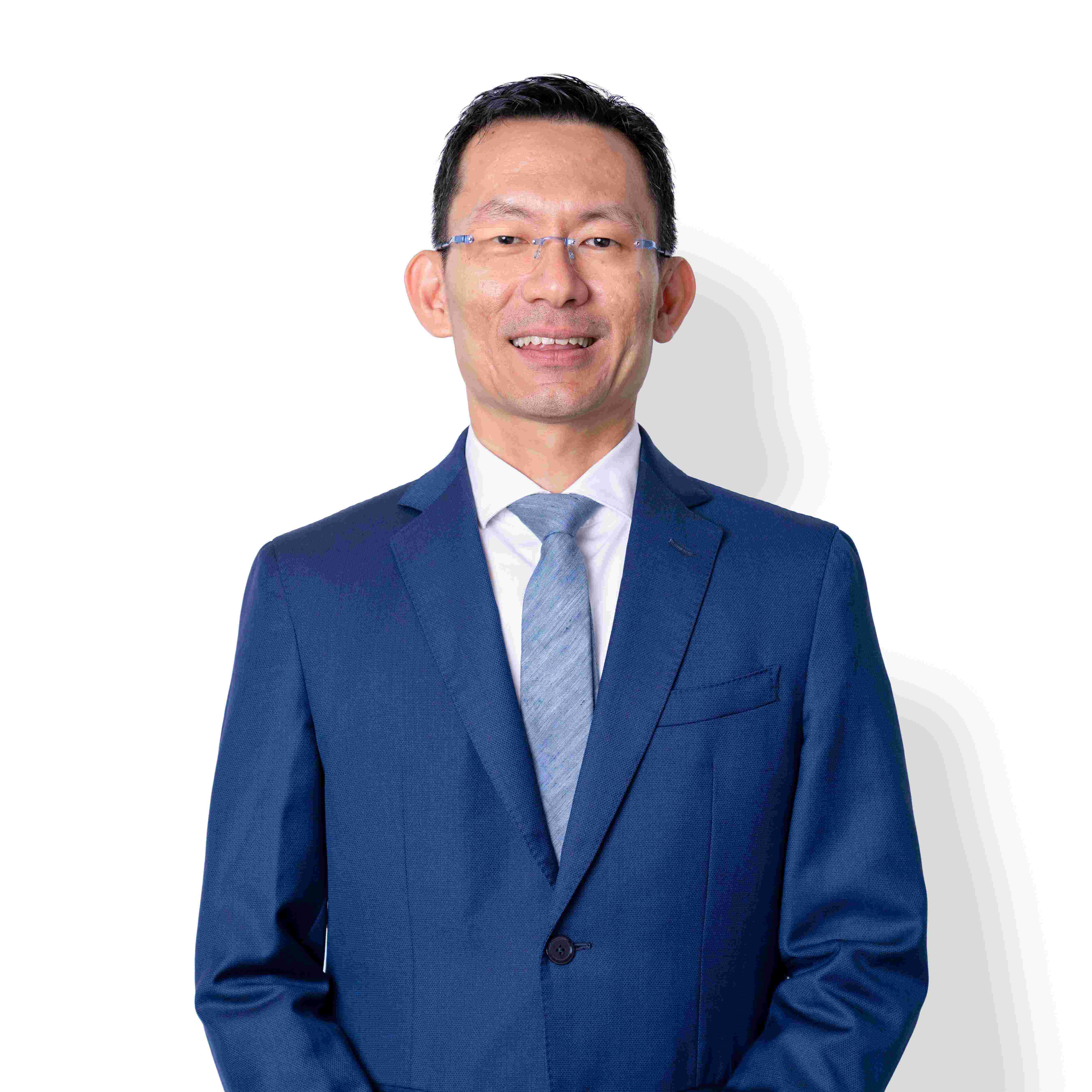
Chief Executive Officer, National Research Foundation
Mr Beh Kian Teik is the Chief Executive Officer of the National Research Foundation (NRF)
Singapore from August 2022. He is responsible for reviewing, developing and implementing the
national RIE strategies and governance frameworks, to grow and sustain a vibrant RIE
ecosystem in Singapore. Mr Beh joined NRF as the Deputy Chief Executive Officer in July
2020.
Prior to joining NRF, Mr Beh held roles of increasing responsibilities in Economic
Development Board for over 22 years. His last role was Executive Vice President of EDB and
oversaw EDB New Ventures. He worked with corporate entrepreneurs with the passion and drive
to create early-stage ventures in Singapore. He has over twenty years' experience of
promoting foreign direct investment and building industries in the manufacturing and
internationally tradeable services sectors.
Previously, he was responsible for EDB's activities in innovation & industry incubation
and led efforts to foster industry-science linkages. In 2010, he was also the founding
director of the Singapore Biomedical Sciences Industry Partnership Office, a unique
inter-agency government organisation. In this role, he worked with senior Singapore
scientists to partner industry to translate science to medicine, and with industry partners
that undertook R&D projects requiring the capabilities of multiple Singapore agencies in
basic sciences and clinical research.
Mr Beh is a Sundstrand-EDB and Glaxo-EDB scholar who graduated from the University of
California, Berkeley with an MSc in Electrical Engineering, as well as a BSc in Electrical
& Computer Engineering from the University of Illinois at Urbana-Champaign.
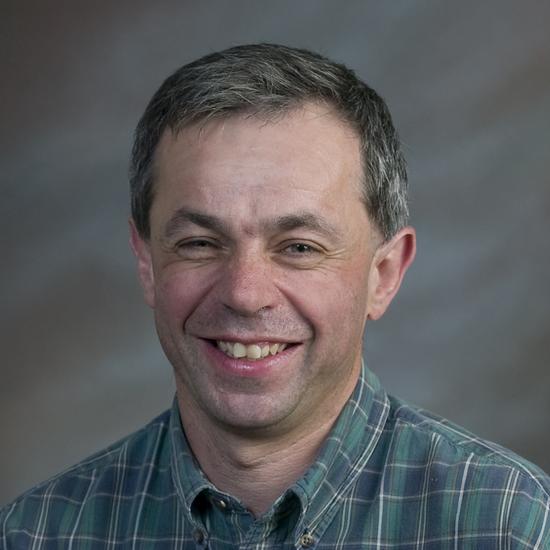
Professor of Biophysical Chemistry, Department of Chemistry, University of Cambridge
Sir David Klenerman FRS FMedSci is a British biophysical chemist and a professor of
biophysical chemistry at the Department of Chemistry at the University of Cambridge and a
Fellow of Christ's College, Cambridge. He has developed and applied new methods such as
fluorescence spectroscopy to biological and biomedical problems. His group is now focusing
on super-resolution microscopy to find out more about protein misfolding and
neurodegenerative diseases.
He is one of the co-inventors (with Prof Shankar Balasubramanian) of the leading
next-generation sequencing methodology, Solexa-Illumina sequencing. The method is based on
solid phase enzymatic sequencing of vast numbers of DNA molecules on a surface in parallel,
using novel fluorophore-coded nucleotides, to make a highly miniaturised, cheap and fast DNA
sequencer. This allows rapid sequencing of the 3 billion bases in a human genome for less
than $1000 a day. Solexa-Illumina sequencing is widely used in both basic biological and
biomedical research. It is also starting to be routinely used as part of medical treatments
including non-invasive prenatal testing, cancer detection and treatment and the diagnosis
and treatment of rare genetic diseases, particularly for children.
For his work, Sir David has received numerous accolades, including being knighted by the
Queen in 2019, for the development of high-speed DNA sequencing, and being awarded the Royal
Society's Royal Medal in 2018. Together with Shankar Balasubramanian, he was awarded the
2020 Millenium Technology Prize. Most recently, he has also been awarded the 2022
Breakthrough Prize for Life Sciences jointly with Shankar Balasubramanian and Pascal Mayer
for next-generation sequencing.
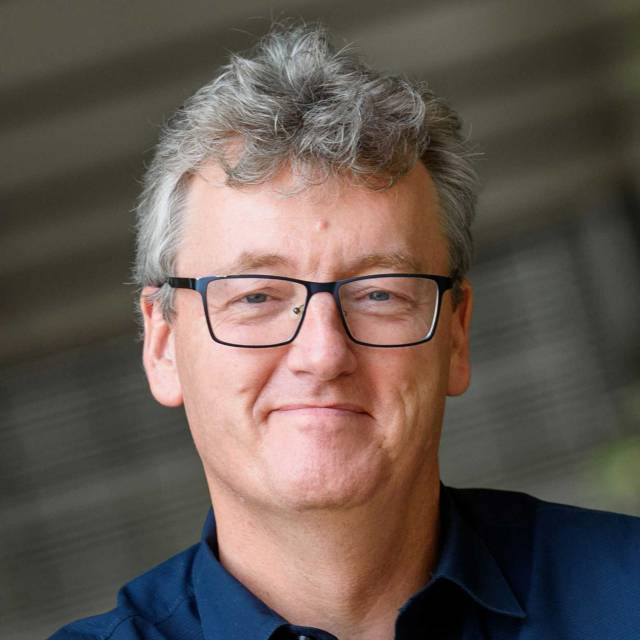
James S. McDonnell Distinguished University Professor of Chemistry, Princeton University
Sir David MacMillan was born in 1968 and raised in the Scottish town of New Stevenston. He
is currently the James S. McDonnell Distinguished University Professor of Chemistry at
Princeton University. In 2021, he shared the Nobel Prize for Chemistry with Professor
Benjamin List for their research into organocatalysis.
Sir David MacMillan obtained an undergraduate degree in Chemistry from the University of
Glasgow in 1990, before moving to the United States to pursue his doctoral studies in
organic synthesis at the University of California, Irvine. Sir David McMillan eventually
became an individual researcher and joined the department of chemistry at the California
Institute of Technology in 2000 as the Earle C. Anthony Chair of Organic Chemistry.
Sir David MacMillan had a keen interest in the use of small organic molecules as a more
environmentally friendly method of synthesizing organic compounds commonly used in fields
such as pharmaceutical research. During his initial years of research at the California
Institute of Technology, Sir David MacMillan's idea was often dismissed by his peers.
However, he believed in the use of effective communication as a means of convincing his
peers of his ideas. In his opinion, science is not merely the experiments that happen in the
laboratory, but also the communication of one's findings and achievements.
Sir David MacMillan's resilience paid off when he received the Nobel Prize for Chemistry in
2021 for his research in this field. The prize money was generously donated to the May and
Billy MacMillan Foundation, which he founded to provide educational opportunities to
underprivileged students in Scotland.
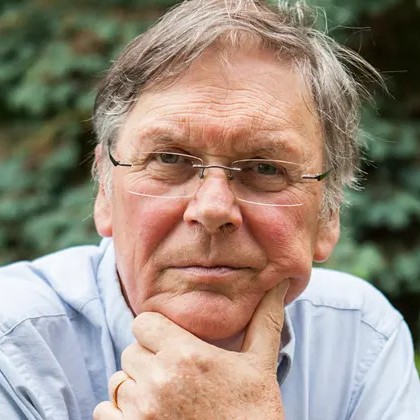
British Biochemist and Molecular Physiologist
Sir Tim Hunt was born in 1943 in Neston, the United Kingdom. He was awarded the 2001 Nobel
Prize in Physiology or Medicine along with Sir Paul Nurse and Dr Leland H. Hartwell for
their discovery of the key regulators of the cell cycle. Sir Tim's contribution was the
discovery of cyclins, which are proteins involved in cell cycle regulation.
Sir Tim developed an interest in biology at a young age. From 1961 to 1964, Sir Tim read
Natural Sciences at Cambridge, before proceeding to complete his Ph.D. entitled "The
Synthesis of Haemoglobin" in 1968 at the Department of Biochemistry at Cambridge.
Sir Tim's important discovery of cyclins was made in the 1980s while he was studying protein
synthesis in sea urchins and clam eggs. As an avid cyclist, he named the protein after the
cyclical changes in its levels during the cell cycle. The study of the relationship between
the cell cycle and diseases such as cancer continues to be the focus of many scientists.
Blocking specific cyclins could inhibit cancer cell divisions. In 1990, Sir Tim continued
his research at the Imperial Cancer Research Fund (later known as the Cancer Research UK),
where he explored the field of cancer cells.
Apart from being awarded a Nobel Prize, Sir Tim was knighted and received the Royal Medal
from the Royal Society of London in 2006.
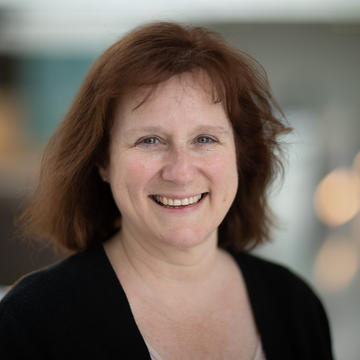
Tutorial Fellow in Biochemistry at Hertford College, University of Oxford
Prof Alison Woollard first received her undergraduate degree in London and graduated with
First Class Honours in Biological Sciences in 1991. She then obtained her PhD in Oxford in
1995. She also moved to the Laboratory of Molecular Biology in Cambridge in 1995. Following
her Medical Research Council fellowship in Cambridge, Prof Alison Woollard returned to
Oxford in 2000 to take up her fellowship at Hertford College and subsequently, a University
Lecturership in the Biochemistry Department.
Prof Alison Woollard currently leads a research team working on the developmental genetics
of the nematode worm Caenorhabditis elegans (C. elegans). Her work mainly concerns molecular
mechanisms of cell fate determination and morphogenesis during C. elegans development. This
involves the unravelling of complex mechanisms by which cells become different from one
another as an organism develops from egg to adult.
For her outstanding career, Prof Alison Woollard was awarded the 2015 Genetics Society JBS
Haldane Lectureship. The award served to recognise her public engagement activities. Her BBC
Radio 4 "Life Scientific" was broadcast in spring 2017 and she is involved in a diverse
range of public engagement activities from pop festivals to stand-up comedy. She also serves
as Vice President of the Genetics Society with a special responsibility for public
understanding of genetics.
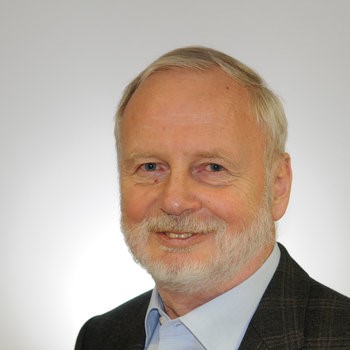
Scientific Member (Director), Molecular Membrane Biology, Max Planck Institute of Biophysics
Prof Hartmut Michel is a German biochemist, who received the 1988 Nobel Prize in Chemistry
jointly with Johann Deisenhofer and Robert Huber, for discovering the first crystal
structure of membrane-bound protein active in photosynthesis.
Prof Michel worked with Deisenhofer and Huber to determine the three-dimensional structure
of a photosynthetic reaction centre, found in certain photosynthetic bacteria, which was
integral in initiating a type of photosynthesis. Their research shed more light on the
mechanisms of photosynthesis, showcased similarities between the photosynthetic processes of
plants and bacteria and established a methodology for crystallising membrane proteins. Prof
Michel's interest then pivoted to the workings of the respiratory system, in particular
terminal oxidases. His team has also conducted research on secondary active transporters
like the sodium ion, the members of the drug-resistance causing transporter of the multidrug
and toxic compound extrusion (MATE) family, and various amino acid transporters from humans.
In 1986, Prof Michel received the Gottfried Wilhelm Leibniz Prize of the Deutsche
Forschungsgemeinschaft, which is the highest honour awarded in German research. In 1987, he
became a department head and director at the Max Planck Institute of Biophysics in Frankfurt
am Main. Besides the Nobel Prize in Chemistry, Prof Michel has received numerous other
awards in recognition of his outstanding achievements in science. For example, in 2008, the
British Biochemical Society honoured him with the Keilin Medal.
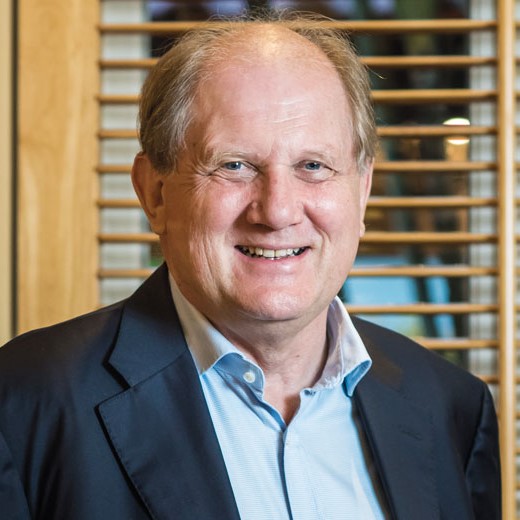
President Emeritus, Nanyang Technological University
Prof Bertil Andersson is a Swedish Professor of Biochemistry. To date, he has published
about 300 scientific publications mainly in photosynthesis research. His papers have been
cited over 15500 times, conferring him an admirable H-index of 70.
Prof Andersson received his Bachelor of Science and Master of Science at Umeå University and
his PhD and DSc at Lund University. At Lund University, he began his research career, before
becoming Professor of Biochemistry at Stockholm University in 1986. From 1996 to 1999, he
served as the Dean of the Faculty of Chemical Sciences at Stockholm University. For the next
few years until 2003, he served as Rector (President) of Linköping University. Thereafter,
from 2004 to 2007, he was the Chief Executive of the European Science Foundation in
Strasbourg and Brussels. From April 2007 to June 2011, Prof Andersson served as Provost of
Nanyang Technological University (NTU) in Singapore, radically transforming the university
to a top level institution ranking among the top in the world. He was then appointed
President of NTU on 1 July 2011. Among other things, he was a driving force in establishing
its new Medical School (Lee Kong Chian School of Medicine) and he has made NTU the choice
for several Singaporean and international industries. In addition, he has been involved in
several advisory roles to the Singapore Government particularly with respect to the
establishment of a new university and being a board member of A*STAR and BCA. He is also an
Advisor to the Singapore National Research System and a Board member of its National
Research Foundation (NRF).
Prof Andersson is a visiting Professor and a Fellow of Imperial College, London. In
addition, he has received over 25 honorary doctorates from top-level universities all over
the world. He has received numerous honorary degrees and prizes including the Wilhelm Exner
Medal in Vienna, the President's Science and Technology Medal and the prestigious
Meritorious Service Medal in Singapore.
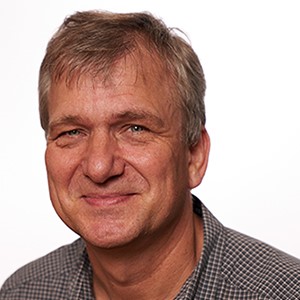
Associate Vice President (Biomedical and Life Sciences), Nanyang Technological University
Professor Peter Preiser is the Associate Vice President (Biomedical and Life Sciences) and a
Professor of Molecular Genetics & Cell Biology at the Nanyang Technological University (NTU)
in Singapore. In 1981, he obtained his PhD in Philosophy in Biology from University of
Delaware and continued his postdoctoral studies at Worcester Foundation for Experimental
Biology. In the initial stages of his research journey, Prof Preiser joined London's
National Institute for Medical Research as a Senior Research Scientist. In 2003, he left
London to join Singapore's NTU School of Biological Sciences (SBS).
Prof Presier's research mainly delves into the molecular mechanisms that allow the malaria
parasite to avoid host immunity and adapt to the host cell environment. Recently, he and his
team of scientists at NTU have discovered a key process that allows the malaria parasite to
invade the host cell. Moving forward, his team plans to utilise this knowledge to work on a
vaccine against malaria.
Prof Preiser has worked with top research institutes around the world and has published over
100 top-quality international journal papers. He has been invited numerous times as an
expert reviewer for local and international funding agencies, and international journals
including Science, Nature, Nature Medicine, and Proceedings of the National Academy of
Sciences.
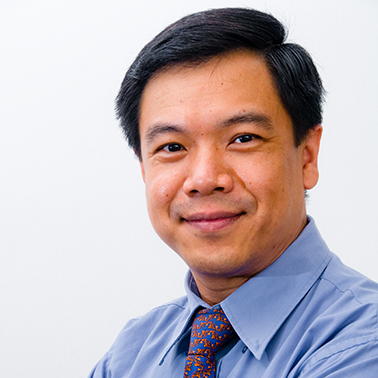
Vice President, Singapore National Academy of Science
Professor Sow Chorng Haur received his Bachelor of Science Degree (1st Class) in Physics
from the National University of Singapore (NUS) in 1991. He received his Master of Science
degree in Physics after spending two more years in NUS for research. Prof Sow then completed
his PhD degree in the University of Chicago in 1998. For the next two years, he worked as a
postdoctoral fellow at Bell Laboratory, Lucent Technologies. He then returned and joined the
Department of Physics, NUS in 2001. He is now the Vice Dean (Outreach and Admissions) of the
Faculty of Science and the Vice President of the Singapore National Academy of Science.
Prof Sow's research interests include carbon nanotubes, nanomaterials and the fundamental
studies of 2D materials (e.g. graphene, dichalcogenide and phosphorene) and their
applications. He has worked on developing a laser pruning method to create unique 2D and 3D
structures made of carbon nanotubes, the synthesis of a wide variety of nanoscale metallic
oxide materials and the assembly of nanowires and nanowalls. Prof Sow, with over 270
publications, has authored and co-authored many papers in the field of nanoscience and
nanomaterials.
Prof Sow is also known for being an inspiring educator, having been awarded various teaching
awards such as the University Award: Outstanding Educator Award from NUS in 2008, and the
Faculty Teaching Excellence Award from 2002 to 2013.
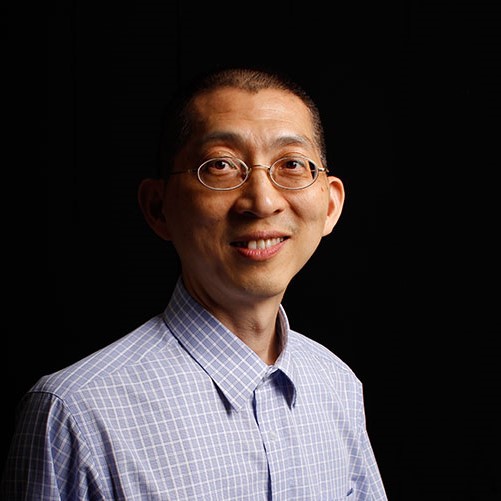
Associate Provost for International Relations, Singapore University of Technology and Design
Professor Yeo Kiat Seng received his B.Eng. (EE) in 1993, and Ph.D. (EE) in 1996 both from
Nanyang Technological University (NTU), Singapore. Currently, he is Associate Provost for
International Relations at Singapore University of Technology and Design (SUTD).
Professor Yeo is a widely known authority in low-power RF/mm-wave IC design and a recognized
expert in CMOS technology. He was a Member of the Board of Advisors of the Singapore
Semiconductor Industry Association.
Before joining SUTD in 2014, he was Associate Chair (Research), Head of Division of Circuits
and Systems and Founding Director of VIRTUS (IC Design Centre of Excellence) of the School
of Electrical and Electronic Engineering at NTU.
Professor Yeo has secured over S$70M of research funding as Principal Investigator from
various funding agencies and the industry since 2000. He has published 11 books, 7 book
chapters, over 600 international top-tier refereed journal and conference papers and holds
38 patents.
Professor Yeo holds/held key positions in many international conferences as Advisor, General
Chair, Co-General Chair and Technical Chair. He was awarded the Public Administration Medal
(Bronze) on National Day 2009 by the President of the Republic of Singapore and the Nanyang
Alumni Achievement Award in 2009 for his outstanding contributions to the university and
society. In 2020, he was conferred the Long Service Medal on National Day by the President
of the Republic of Singapore. Professor Yeo is a Fellow of the Singapore Academy of
Engineering, a Fellow of the Singapore National Academy of Science, a Fellow of Asia-Pacific
Artificial Intelligence Association, and a Fellow of IEEE for his contributions to low-power
integrated circuit design.
He is the principal author of World University Research Rankings (WURR) 2020. Professor Yeo
was recognized among the top 2% scientists worldwide by Stanford University in 2020 and
2021.
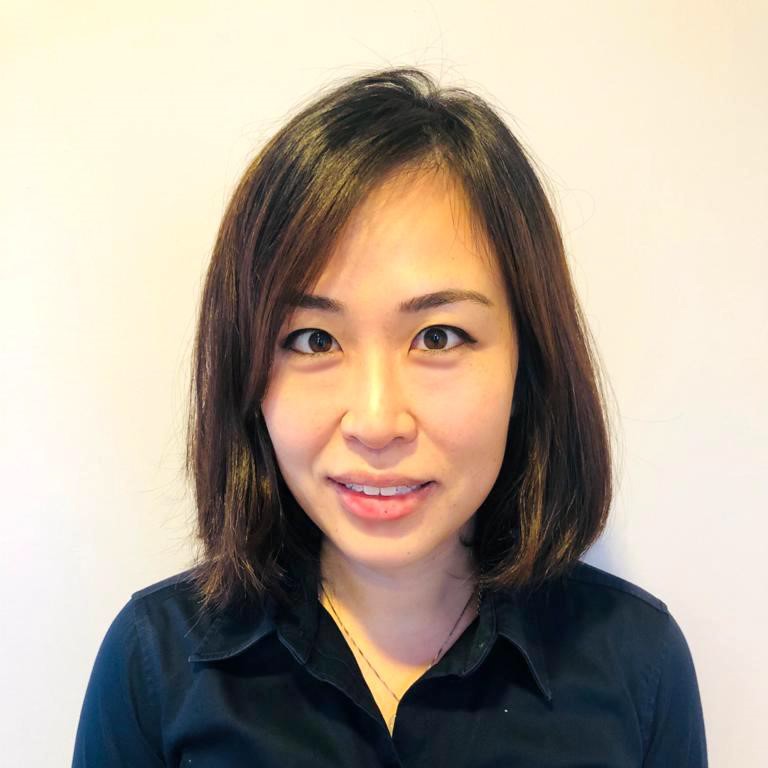
Assistant Professor at the Department of Biomedical Engineering, National University of Singapore
Dr Eliza Fong received her B.Eng. in Bioengineering from the National University of Singapore (NUS) and completed her Ph.D. at Rice University in Houston, Texas, under the National University of Singapore-Overseas Graduate Scholarship. While at Rice, she was also a Howard Hughes Medical Institute (HHMI) fellow under the prestigious Med-into-Grad program in Translational Cancer Diagnostics and Therapeutics at the University of Texas MD Anderson Cancer Center. She subsequently completed her post‐doctoral training back at NUS and received the NUS-Early Career Award in 2017. Dr Fong has made key contributions in the field of translational tumor engineering by being one of the first to demonstrate the integration of organoid technologies with biomaterials-based strategies to better model patient tumors in vitro. For her work, she has received several accolades, including the Society for Biomaterials STAR award, the Collaborative Shared Prize by the Bioscience Research Collaborative, and most recently she was recognized as Runner Up in the LOreal Singapore For Women in Science Fellowship. Dr Fong currently leads her laboratory at the Department of Biomedical Engineering at NUS, where her team focuses on personalizing treatment for cancer patients through developing platform technologies to test cancer drugs outside the body.
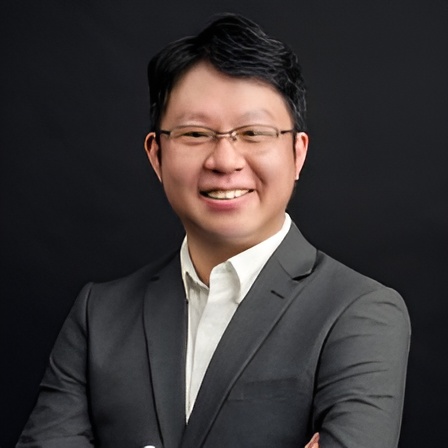
Senior Lecturer at the Department of Built Environment, College of Design and Environment, National University of Singapore
Dr. Stephen Tay received his doctorate from Imperial College London, under the National Research Foundation (Clean Energy) Overseas Scholarship and is a Senior Lecturer in the Department of the Built Environment in the National University of Singapore. Dr. Tay is closely engaged with the industry through participation in international and local projects, such as the Floating Solar Market Report by the World Bank Group and Solar Photovoltaic (PV) Roadmap for Singapore by the National Climate Change Secretariat. In recognition for his contributions to the sustainable built environment, Dr. Tay was awarded the Young Green Building Advocate Award Category under the SGBC-BCA Sustainability Leadership Awards 2019. Beyond industry engagement, Dr. Tay has received both the School and University Annual Teaching Excellence Award for AY19/20 and AY20/21 for his pedagogical practice for effective teaching and learning.
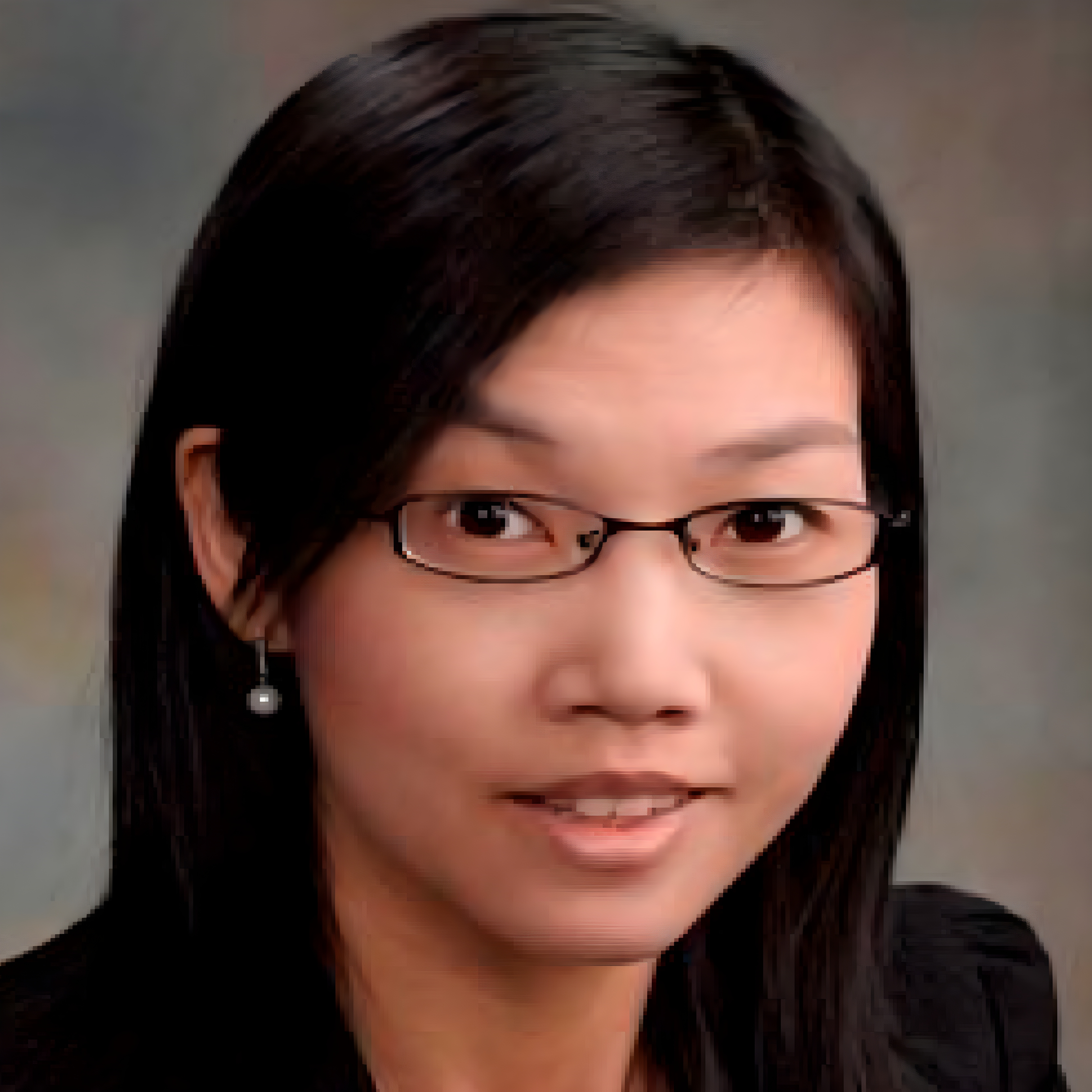
Professor at the School of Chemical & Biomedical Engineering, Nanyang Technological University
Dr Xu Rong received her Bachelor, Master and Ph.D. degrees in Chemical Engineering from National University of Singapore. She joined Nanyang Technological University (NTU) as an Assistant Professor in 2004 and was promoted to Associate Professor in 2010 and Professor in 2017. Her lab has actively worked in the field of photo-, electro-, and thermal catalysts for energy and environmental applications. She was one of the Highly Cited Researchers 2020 by Clarivate Analytics. She is an Associate Editor of Journal of Catalysis, and EnergyChem. She is currently the Research Director of Engineering and Physical Sciences in Vice President Research's office of NTU. She is also the founding Director and currently the co-Director of Singapore Energy Centre (SgEC), an industrial consortium with its mission to develop innovative solutions to meet the growing energy demand through research and education. In her role as a lecturer, she is devoted to teaching foundation courses for engineering training, including Mass & Energy Balance and Heat Transfer.